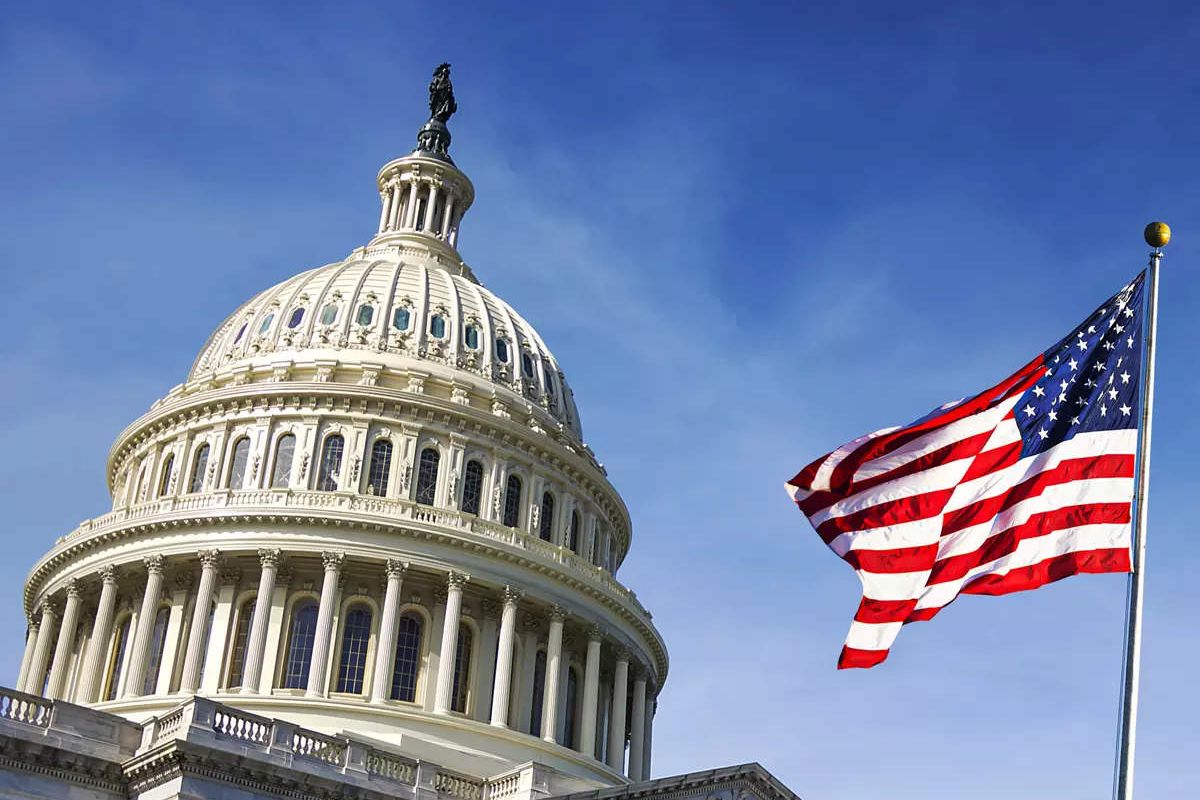Starting today, September 2, 2025, almost all non-immigrant visa applicants must appear in person for an interview with a U.S. consular officer. The rule ends age-based exemptions and dropbox renewals, bringing big changes for students, professionals, and frequent travellers.
This is a significant change in how the US visa and immigration system operates, especially for students, professionals, and frequent travellers who previously had exemptions.
What Is a US Visa Interview Waiver?
A US visa interview waiver lets some applicants renew or apply for certain visas without visiting the consulate for an in-person interview, usually if they meet age or visa renewal conditions
What’s Changing
Until now, children under 14, seniors over 79, and many other applicants renewing the following visas are often qualified for interview waivers.
- H-1B (Skilled Workers)
- L-1 (Intra-Company Transferees)
- F-1 (Students)
- O-1 (Extraordinary Ability)
- Visitor Visas (B-1/B-2 for Business and Tourism)
That flexibility is ending. From now on, most applicants, whether first-time or renewing, must attend interviews.
Who Still Gets an Exemption
Some categories remain unchanged:
- Diplomatic and official visas
- Certain international organisation visas
- Specific renewals of full-validity B-1/B-2 visitor visas and border crossing cards for Mexican nationals
Even in these cases, consular officers can still require an interview if they see fit.
Stricter Rules for Over 55 Countries
Applicants from 55 specific countries face even tighter restrictions. Nationals from places like Afghanistan, Nigeria, Iran, Venezuela, and Zimbabwe must attend interviews for every non-immigrant visa, effective immediately. There’s no shortcut for these travellers, except through official diplomatic channels.
This measure affects nationals from the following countries:
- Afghanistan
- Angola
- Antigua and Barbuda
- Benin
- Bhutan
- Burkina Faso
- Burma
- Burundi
- Cabo Verde
- Cambodia
- Cameroon
- Chad
- Côte d’Ivoire
- Cuba
- Republic of Congo
- Democratic Republic of Congo
- Djibouti
- Dominica
- Egypt
- Equatorial Guinea
- Eritrea
- Ethiopia
- Gabon
- The Gambia
- Ghana
- Haiti
- Iran
- Kyrgyz Republic
- Laos
- Liberia
- Libya
- Malawi
- Mauritania
- Niger
- Nigeria
- Saint Kitts and Nevis
- Saint Lucia
- São Tomé and Principe
- Sierra Leone
- Senegal
- Somalia
- South Sudan
- Sudan
- Syria
- Tanzania
- Togo
- Tonga
- Turkmenistan
- Tuvalu
- Uganda
- Vanuatu
- Venezuela
- Yemen
- Zambia
- Zimbabwe
It is worth noting that India does not fall under this list, so Indian applicants will follow the general US visa interview rules with some exceptions and waivers still applicable.
Longer Wait Times Ahead
The US State Department has warned that it may take longer to secure interview slots. Travellers can check appointment availability on the Global Visa Wait Times page.
Starting January 1, 2025, rescheduling will become more difficult. Applicants will get only one free reschedule. If they miss an appointment or need to change it a second time, they will have to pay a new visa fee.
There is also a paperwork requirement to keep in mind. Applicants must bring the DS-160 confirmation page they used to book the appointment. If they submitted a corrected form later, they need to bring both versions to the interview.
Why It Matters
This is more than an ordinary change. It impacts students going to US universities, workers travelling for business, and tourists planning family vacations. With visa interviews now required for nearly everyone, waiting until the last minute to apply will be risky.
What Applicants Should Do Now
- Plan early: Apply well ahead of travel or study deadlines.
- Check wait times: Use the Global Visa Wait Times website to see how long appointments take in your city.
- Prepare documents carefully: Carry the correct DS-160 confirmation page and supporting paperwork.
- Know the reschedule rule: Only one free reschedule is allowed. A second change will cost a new fee.
Final Thoughts
By preparing carefully and keeping these new rules top of mind, travellers can avoid most pitfalls and make the US visa process as smooth as possible under the new policy shift.
Follow and connect with us on Facebook, Twitter, LinkedIn, Instagram and Google News for the latest travel news and updates!
